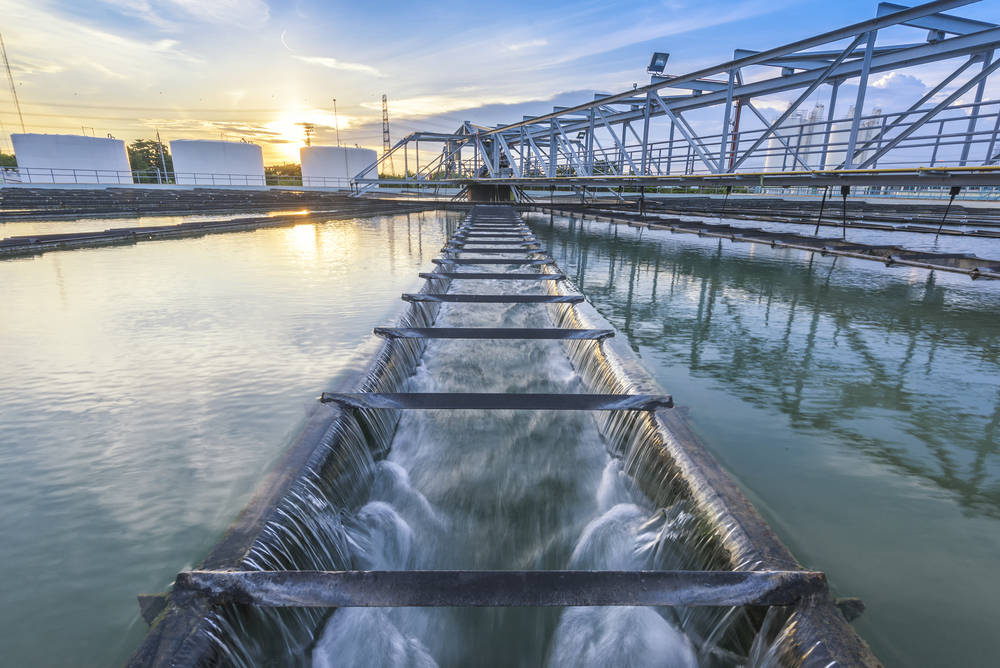
Proper sewage collection and treatment, and the reduction of its generation from combating water losses, are measures that should have been adopted previously to protect the population.
Covid-19 and the quarantine provided new learning, among which is that there is a possibility of contamination of the new virus due to the non-treatment of sewage. This is the view of engineer and consultant Enéas Ripoli, CEO of Consultoria GestÁgua, specialized in the sanitation area, and CTO of SmartAcqua Solutions, which was based on studies and on a recent and reported fact about the discovery, by scientists from the Oswaldo Cruz Foundation (Fiocruz), the presence of the coronavirus in the sewer in Niterói, in the metropolitan region of Rio de Janeiro. Another BBC News Brasil article focused on studies in China and Singapore that were published in the scientific journal Lancet Gastroenterol Hepatol, revealing that the feces of infected patients contained the genetic material of the virus (RNA) and it remained for about five weeks, even after the respiratory tract samples were negative.
Other research carried out in the Netherlands indicated that monitoring the sewage to check for the presence of the coronavirus would be a strategy to detect the disease in the population, including in asymptomatic carriers. “Although there are still no studies to prove this other route of transmission of the virus, it is something that worries because if this is confirmed, a good portion of the population of Brazil may be at serious risk, since, according to data from the National Information System on Sanitation (SNIS) 2018, only 46% of the sewage generated in the country is treated. In addition, about 100 million people have no sewage collection and 35 million do not have access to treated water, ”says Ripoli.
According to the executive and consultant, public basic sanitation companies are already characterized by the delay in adopting actions and new existing technologies that would contribute to improving service to the population. “At the moment, these companies are carrying out what is strictly necessary, and on a rotating basis, while private companies in the sector maintain their operations in the usual way for reasons of public health,” he stresses. The government, according to Ripoli, should put aside their political positions and join forces with sanitation companies, health professionals, schools, universities and the media to face this crisis and to improve living conditions. the most needy part of the population.
Ripoli also highlights the project “Guidelines for Universal Sanitation in Brazil”, carried out by the Engineering Institute (IE), which advocates the need for consistent planning to eliminate sanitation deficiencies and attract investments to the sector and to all components your chain. “This study brings important information such as that of the World Health Organization, which shows that if US $ 10 billion were invested annually in improving sanitation in regions where there is a higher incidence of water-related diseases, it would be possible to reduce something close to US $ 40 billions in the health system that are spent on treating these illnesses. ”
It is also estimated that 2.0 billion m³ of sewage is generated unnecessarily per year due to a lack of efficient management (combating water losses) and, without collection or treatment, they run through our streams and rivers and can transmit, in addition to Covid-19 , as many other diseases as serious as.
Another measure pointed out by the IE study is the need to expand the training of specialized professionals with higher education and technical level, as well as to encourage the development of new technologies for the sanitation area, among which are included the Industry 4.0 solutions for monitoring , management and automation. “Based on this scope, SmartAcqua Solution has developed an innovative solution to specifically combat water losses in the country that are around 50%”, highlights Ripoli.
The tool, according to Hélio Samora, CEO of SmartAcqua Solutions, allows to identify where, how, how much and why these losses are occurring and also allows to establish a planning of the actions that must be taken to minimize the problem. Based on native cloud architecture, SmartAcqua Solutions offers the technology so that sanitation companies – private and public – are able to implement the solution quickly, without having to invest in IT infrastructure, with access by any mobile device , such as tablets, smartphones and notebooks, and prepared for Windows, IOS and Android operating systems.
It was also developed by SmartAcqua Solutions, in partnership with GestÁgua Consultoria, an application (https://smartacqua.com/smartacqua-app/) available for free at the Apple Store and Google Play, with the objective of quantifying water losses and enhancing the benefits of combating it, including referring to the unnecessarily generated sewage in each Brazilian city, helping sanitation companies and the population to understand the seriousness of the problem.
For Ripoli it is important
Be part of the change. Work towards an efficient future, saving precious water, and driving your operational cost-cutting.
Get Started